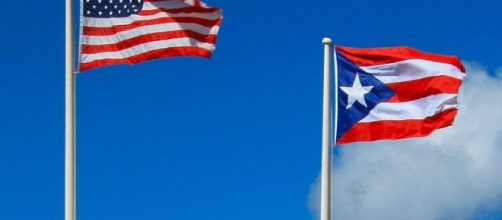Puerto Rico, which has been a U.S. territory since 1898 when it was ceded during the Spanish-American War, voted yesterday on the question of statehood. This is the fifth time since 1967 that they have held a status referendum. The vote comes at a time of crisis on the island, as the territory has dealt with a number of issues in regard to poverty, debt, and infrastructure.
How did Puerto Rico vote?
Last Sunday's referendum gave voters three different options. They could vote to become a U.S. State, remain a territory or become an independent nation that may have some continued political association with America.
The election produced an overwhelming victory for statehood, with 97.18 percent of voters choosing it. Only 1.50 percent voted for Puerto Rico to become independent and 1.32 percent voted to remain a U.S. territory.
However, the vote has drawn questions about its legitimacy, as the turnout was a historically low 23 percent (2,260,804 people). This made it the lowest turnout in any Puerto Rican election since 1967. This has led opposing political parties on the island to openly question how valid the vote actually was in the face of several of them completely boycotting it. The vote is also only to show what the voters want as only the U.S. Congress can officially change the political status of Puerto Rico.
Puerto Rico's problems
The current governor of Puerto Rico, Ricardo Rossello campaigned on holding the referendum, as his New Progressive Party of Puerto Rico (PNP) is based on a pro-statehood stance. They believed that statehood is the best hope to fix the island's many problems. Last month, Puerto Rico had to file for the largest municipal bankruptcy in American history and is currently $73 billion in debt. The island is in U.S. court trying to negotiate a Title III bankruptcy process, as it cannot file for bankruptcy on its own as it is a territory.
The island is also in the midst of facing other challenges, as it has a 45 percent poverty rate. It is also dealing with shuttering schools, with many remaining ones woefully under-performing.
The island also has cut pensions and has an almost insolvent pension and health system. Many residents on the island have to come to the United States to look for work. As a territory, Puerto Rico's citizens do not pay any federal taxes, can't vote in presidential elections and do not get equivalent funding for programs like Medicaid or Medicare.
MSN reported that "the referendum coincides with the 100th anniversary of the United States granting U.S. citizenship to Puerto Ricans, though they are barred from voting in presidential elections and have only one congressional representative with limited voting powers."


